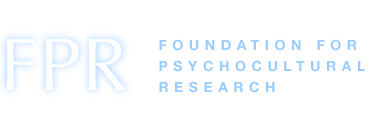Tanya Luhrmann said she spent a lot of time revamping her classes so that they were more interactive. Students did journaling in sections. There was a shift to small, digitally structured assessments instead of an overall essay or a final exam. She diversified and decolonized her 2020 courses, including a graduate course on voices. She brought multiple voices into the course, including that of her former postdocs, Dr. Nev Jones, who has schizophrenia. The course looks at how people manage their own representation. Course materials were drawn from sources such as Mikhail Bakhtin (Russian philosopher, literary critic and scholar who worked on literary theory, ethics, and the philosophy of language) and French psychoanalyst Jacques Lacan as well as voices of protest. There was also material from a Moroccan psychoanalytic perspective on voice hearing, madness and protest, and from psychiatrist and political philosopher Frantz Fanon, who wrote the book:
Fanon, F. (2008). Black skin, white masks (R. Philcox, Trans.). Grove Press. (Original work published 1952).
Tanya said she had a recent challenge about including Fanon in an undergraduate lecture class. Fanon uses a colloquial language in the Black Skin, White Masks book; in particular, Fanon uses the N-word a lot in that book. Fanon identifies with white psychiatrists and knows he will never be white, so is at war within himself. A Latina student read aloud a poem by a black poet that included the N-word; that created a campus uproar. For this undergraduate class, Tanya said she would love to teach Fanon but there are issues with that (tension of including or not including Fanon and how to think about him).
